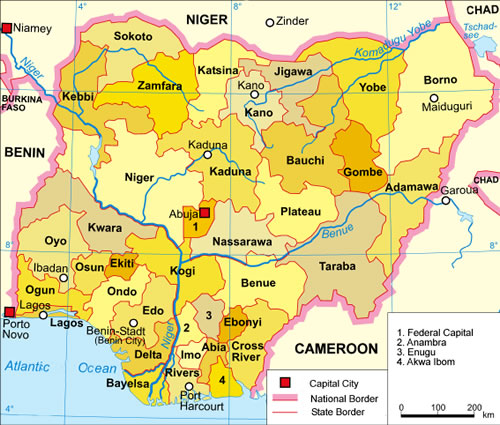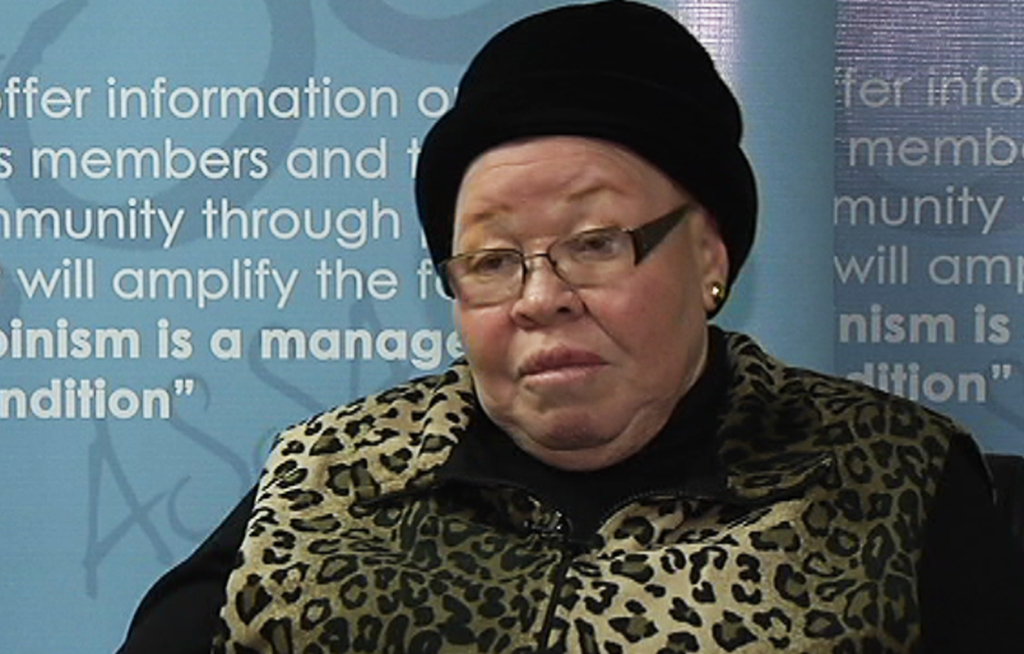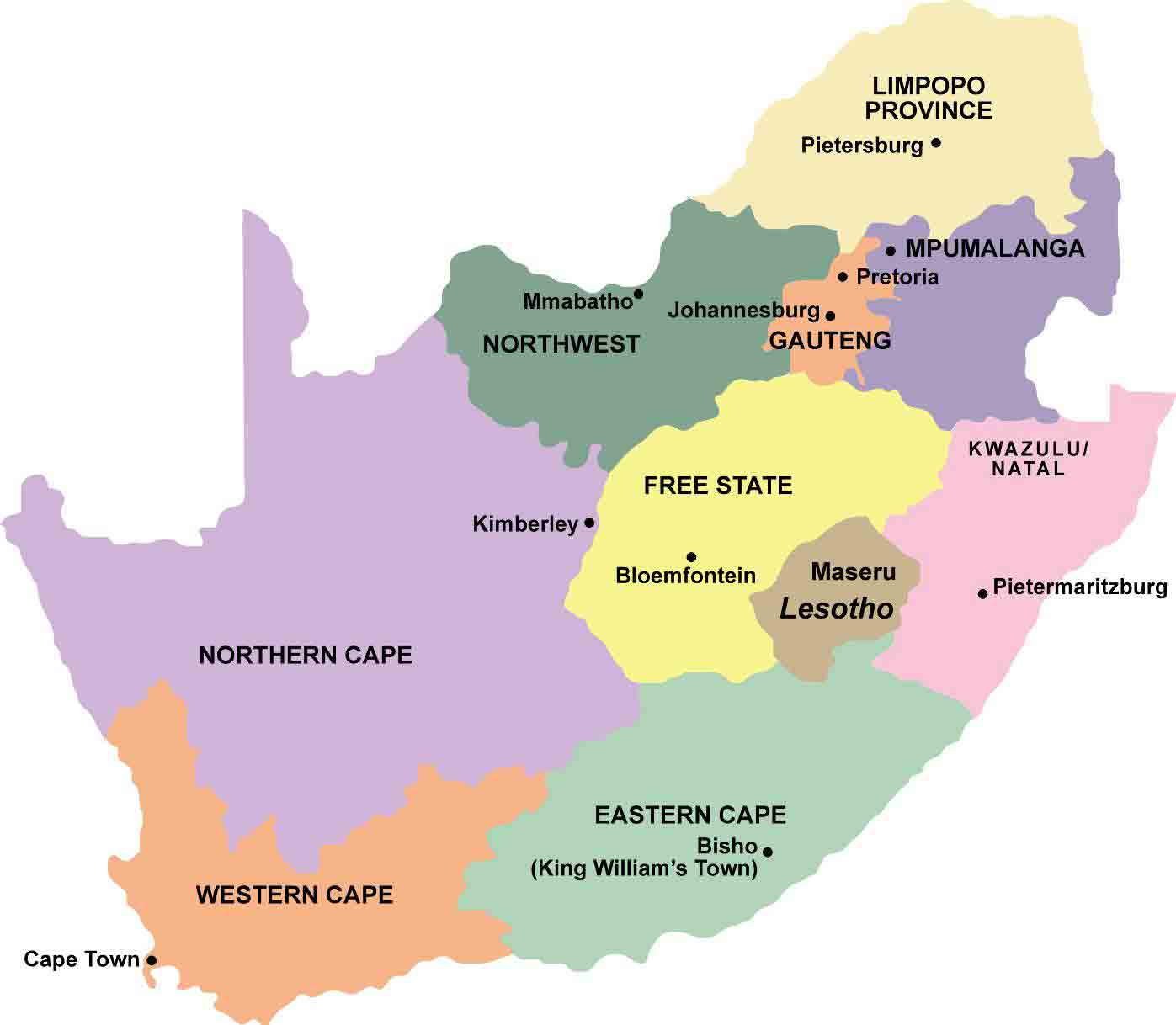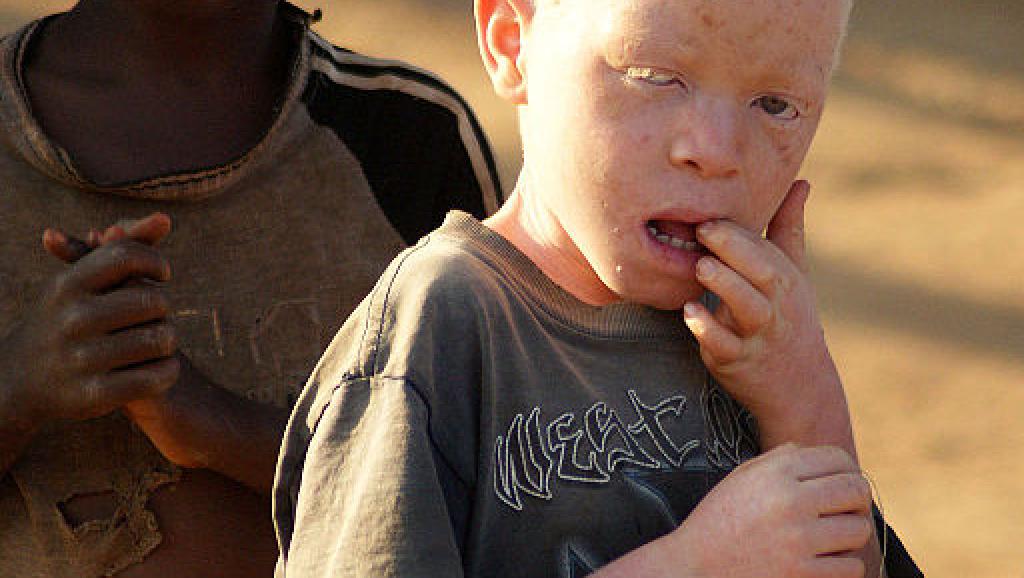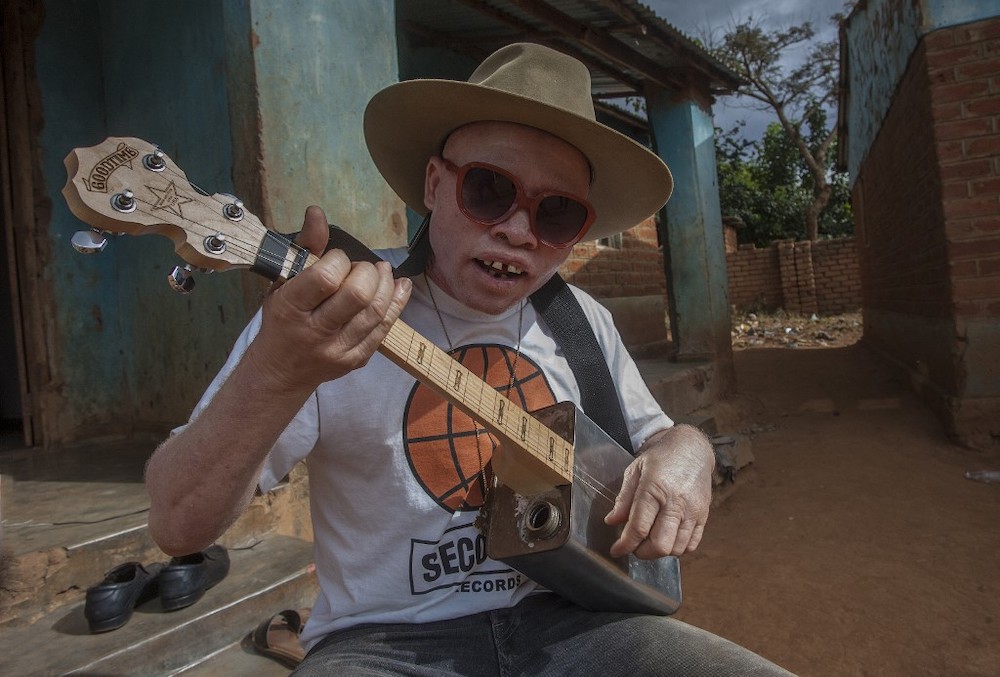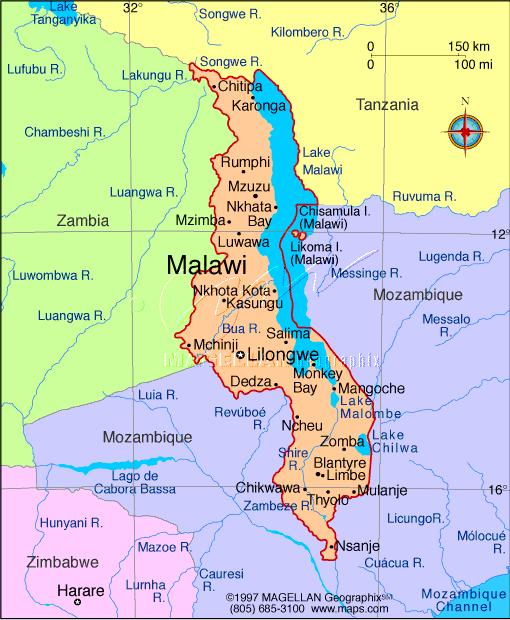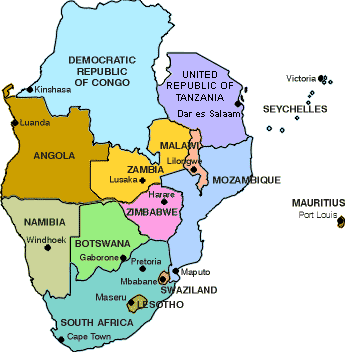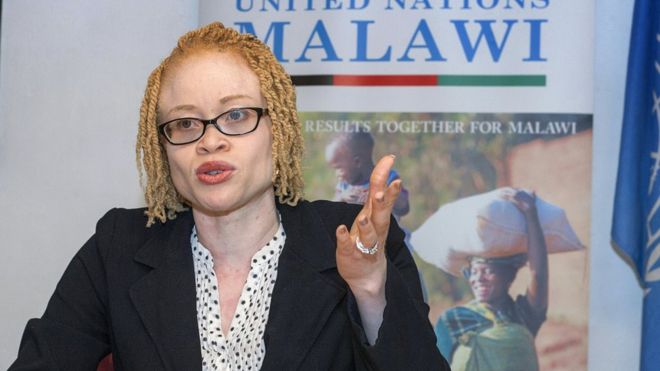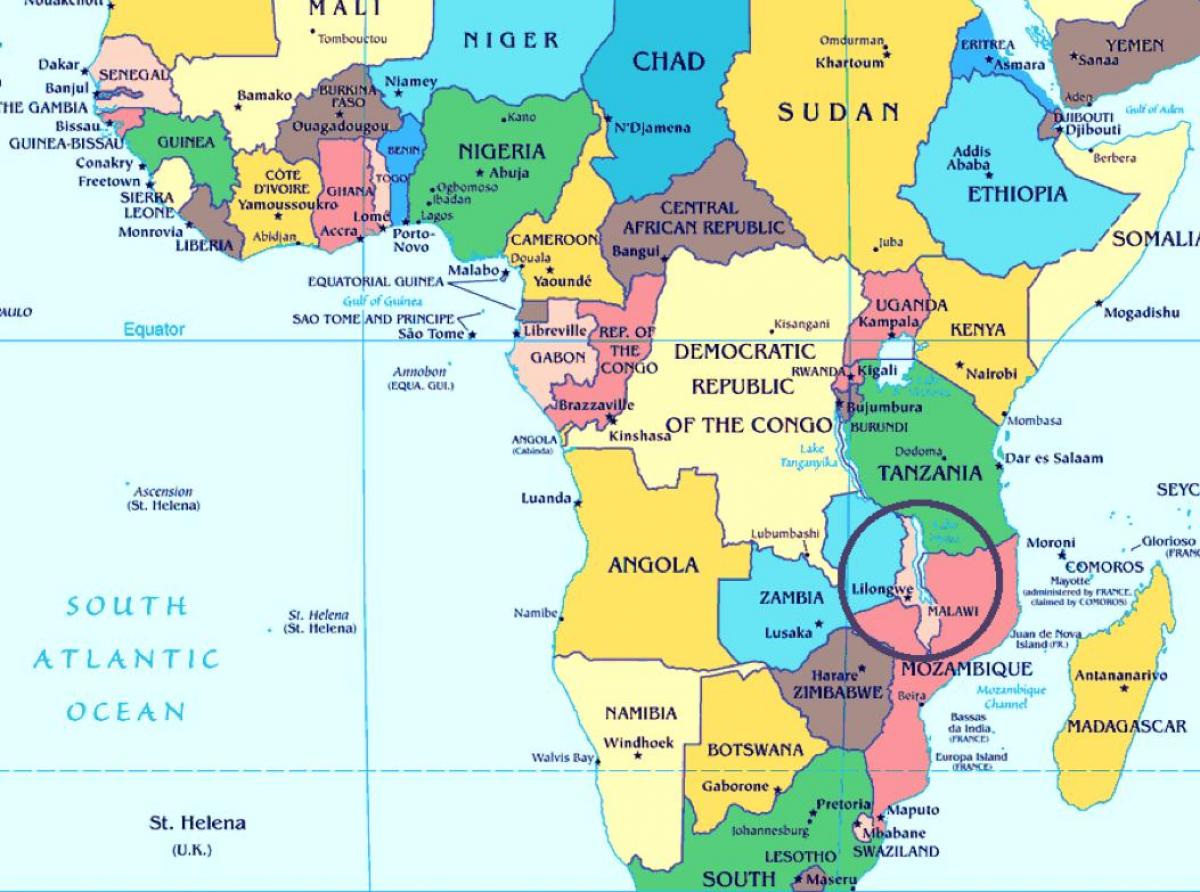The December 2019 murder of Favour Seun Daley-Oladele, a LASU State University student (see my previous posts) has led to many comments and condemnations. One comment that went deeper than the majority of the reactions was from Olusegun Adeniyi (email: Olusegun.adeniyi@thisdaylive.com) tapping on an academic paper of Dr Adagbada Olufadekemi, a lecturer at the Olabisi Onabanjo University, entitled “Sociological analysis of money rituals as a recurrent theme in Yoruba films” and commenting on it. He also refers to a lecture given at the 2019 convocation of the Nigerian Academy of Letters (NAL) last August by Emeritus Professor of Philosophy, Godwin Sogolo, who dwelled on the factors that render a social system dysfunctional, using Nigeria as an illustration. See below.
Superstition is widespread in many African countries, notably in Nigeria, but not only in this West African country. Only a few years ago, in 2017, bald men in Mozambique were warned by the police that they could be targets of ritual attacks, after five men had been murdered within a week. “The belief is that the head of a bald man contains gold,” Afonso Dias, a police commander in Mozambique’s central Zambezia province, then explained.
The second part of Adeniyi’s essay is less relevant to our topic, which focuses on superstition, money-making rituals in Nigeria en ritual killings in general, but I nevertheless reproduce it here, for completeness sake (webmaster FVDK).

Money Rituals and the Head Hunters
Published: January 2, 2020
By: Olusegun Adeniyi – This day, Nigeria
It is painful enough that the parents of Favour Seun Daley-Oladele lost their 22-year old daughter, a 400 level theatre art student, in tragic circumstances. But the gory details of how she was dismembered with her organs cooked and eaten by a wealth-seeking mother and son is heartrending. The disgusting belief that money can grow from the sacrifice of human beings has sent too many innocent people to their untimely death, especially in the southern part of the country. So how desperate or gullible must someone be not to see that if herbalists could create money by performing rituals, they themselves would not be so poor?
In his paper, “Sociological analysis of money rituals as a recurrent theme in Yoruba films”, Dr Adagbada Olufadekemi, a lecturer at the Olabisi Onabanjo University, Ago Iwoye, argued that instant riches through money rituals that is often projected in Nollywood movies is a reflection of our reality in which “esoteric forces tapped from nature are used by the initiate to send the soul of the sacrificial victim to a supra-physical realm, wherein it labour to bring wealth to the ritualist.” Olufadekemi locates the challenge in “the apparent downward trend in the socio-economic conditions of the average Nigerian” which has led to “increase in the number of people using occult practices to come to terms with contemporary socio-economic demands.”
What the paper ignores is the factor of greed and the growing penchant by many of our young people for one of the ‘Seven Social Sins’ identified by Mohandas Gandhi as ‘Wealth without work’. The young man who killed the Lagos State University (LASU) undergraduate to make money reportedly dropped out of the same university. So, having failed in his academics, he was looking for a short cut to success; he wants to ‘hammer’ through diabolical means, without having to work. It is a growing sociological problem in Nigeria that we need to address.
While dark powers exist, the notion that anybody can conjure money after killing and harvesting the head or internal organs of another human being is ludicrous. This belief is prevalent not only in Nigeria but across the African continent. It is for this reason that albino and people suffering with a hunched back are perpetually endangered. In 2017, bald men in Mozambique were warned by the police that they could be targets of ritual attacks, after five men were murdered within a week. “The belief is that the head of a bald man contains gold,” Afonso Dias, a police commander in Mozambique’s central Zambezia province, explained.
In his lecture at the 2019 convocation of the Nigerian Academy of Letters (NAL) last August, Emeritus Professor of Philosophy, Godwin Sogolo, FNAL, spoke to the factors that render a social system dysfunctional, using Nigeria as an illustration. While moral disruptions due to ineffective education or damage caused by failure in governance tend to be more gradual and less perceptible, according to Sogolo, “the effects of disruptions caused by severe material needs and cultural invasions are more dramatic and impactful on human character” because such “derails the mind of the individual and causes havoc to the collective psyche. The result, in most cases, is the failure to comprehend the purpose of life, leading to moral apathy and unwholesome acts of violence, aggression and criminality, especially among the youths.”
Although money rituals have been with us for a long time, the current prevalence can be situated within the context of Sogolo’s thesis. If you listen to the lyrics of most of the artistes who now rule the airwaves and are idolized in the social media, dishonest living to make money is all they glorify; in addition to peddling obscenities. And many of their followers are being conditioned to believe that in life, only the end justifies the means. That is why some young men would engage in daylight bank robbery in Abuja!
In my 1st May 2015 Platform Abuja lecture, I recounted an October 2012 experience when I visited Ekiti State during the first tenure of Dr Kayode Fayemi. He was on a working visit to the Ikogosi Spring then under reconstruction and I escorted him. In the course of inspecting the project, Fayemi noticed he couldn’t comprehend the language being spoken by the artisans. He asked where they came from and they said Cotonou, Republic of Benin. Turning to the contractor, Fayemi asked why he would deny local people jobs from which they could earn income. The contractor said the job required some special skills that were not readily available in the country. “Then teach our people”, Fayemi dictated. The contractors replied that the local boys were not willing to learn because they don’t want to work. When Fayemi called the boys, they were more interested in him ‘dropping something’. Those are the kind of people who engage in money rituals and their population is growing across the country.
While I commiserate with the Daley-Oladele family for the gruesome murder of their daughter, I hope the police will speed up their investigation and charge the culprits to court. But as a society, we must deal with this moral decay in which young men believe that the way to ‘make it’ in life is not by work but rather by killing fellow human beings and removing their body parts for money rituals.
The Point Adenuga Has proved
During the Christmas holiday, I spent a considerable amount of time watching television. In the process I saw numerous Globalcom commercials promoting our rich culture and the nation’s entertainment industry. By using local musicians, actors, actresses as well as global stars with Nigerian ancestry for endorsement, Globacom has helped to empower many of our people at home and in the diaspora. But it is in the content of these promotions that Globacom has deployed its network to project Nigeria’s image beyond the call of business. It is a patriotic duty for which its chairman, Dr Mike Adenuga Jnr must be commended.
For instance, if there is anything the commercial by the British World Heavyweight boxing champion, Anthony Joshua, demonstrates, it is the Nigerian spirit of resilience in the face of adversity. We see that all the time in the manner we laugh at our problems and survive against odds. But Anthony Joshua puts it in a way that resonates. “There has always been a big piece of my heart as a Nigerian and I do believe that it is that piece that sets me apart. It always says to me, ‘never give up, dream big’! We come from a nation of warriors and that is why I believe in Glo. We have that same tenacity, that Nigerian fighting spirit that makes us game changers! We are relentless. We don’t just face our challenges, we step into the ring to win again and again and again. If you believe in yourself, there is no limit to what you can achieve. Yeah, I used to be a bricklayer in England but now I am heavyweight champion of the world!” he declared. And then this: “You need strength? Yeah, that comes from the hard knocks that life throws at us. And we are Nigerians, we know all about that”. He then added: “It’s like when we are up against the rope. You don’t stay down; you’ve got to fight. You have to dig deep to be a world champion”.
Profound!
Meanwhile, the contribution of Globacom to the entertainment industry goes beyond sponsorships and endorsements to Corporate Social Investment (CSI) initiatives that have helped to resurrect and nurture the career of many veteran artistes who may have ended up in penury in a society that places little premiums on art. Given the array of stars they promote, Globacom must be investing billions of Naira annually on these artistes and their crafts. And the multiplier effects on the economy must be enormous.
On a personal note, I derive joy from the fact that Adenuga has validated my position. During the licensing bidding round which earned Nigeria global applause because of the transparent manner Dr Ernest Ndukwe handled the entire process, there were people who dismissed the argument some of us were making (that we also needed a Nigerian business man on the telecoms table) as mere sentiment. But we have been vindicated by Globacom. Despite being launched more than two years after two foreign operators (MTN and Econet) had been firmly entrenched in the market, Adenuga has succeeded where others before and after him have failed. But more commendable is the disruptive role Globacom has played in the industry: From putting a lie to the claim that per second billing was impossible in Nigeria to crashing the prohibitive cost of acquiring a GSM line to bringing down the cost of airtime etc.
In my column on this page on 31st October 2002 (more than 17 years ago now!) titled “Unto Whom Much is Given…”, I reminded Adenuga that while he may have won the battle for a licence, he had to prove to Nigerians and the world that he could run an efficient telecoms system. I also argued that it made no sense to exclude our people from such an important sector. “For us to grow as a nation, we surely need daring people who are ready to invest their money…men who are prepared to dream big, take the biggest gamble, men who will never accept No for an answer regardless of how hopeless the situation may seem,” I concluded.
While Globacom has made considerable investment in the development of sports in Nigeria, what is not known to the public is the role Adenuga played in the qualification of Nigeria for the 2010 World Cup in South Africa. When the late President Umaru Musa Yar’Adua decided to intervene at a time it was looking like Nigeria might not qualify for a tournament holding for the first time on African soil, he turned to Adenuga. But at his meeting with Yar’Adua, Adenuga said he would prefer to operate from the background with financial support and both settled for the then Rivers State Governor, Mr Rotimi Amaechi to chair the presidential committee of which I was a member. True to his word, he was the single largest donor to our assignment. Incidentally, the last time I had any contact with Adenuga was on 17th June 2010 at the stadium in Bloemfontein where Nigeria played Greece during the tournament.
The critical challenge of our country, as I have argued on several occasions, is that we have too many idle billionaires with neither credible sources of livelihood nor feasible investments who can help put our people to work. Many of them stash their money abroad, buying Yacth and ferrying around Supermodels while employing only domestic staff who minister to their vanities without adding any value to our society. To confront our economic challenges in this new year and decade, we need the patriotic zeal and courage of men like Adenuga who will not only invest their money but also empower our people.
On Christmas
Since ‘Oversabi’ or ITK (I too know) is a national ideology in our country, it is no surprise that some Nigerians believe they are wiser than billions of people all over the world who celebrate Christmas. While they are entitled to their opinion, I found a piece on WhatsApp that I have edited and adapted to a simple message: You never argue on any of the Days declared by the United Nations to celebrate diseases and infirmities: World Cancer Day, World Aids Day, World Diabetes Day etc. It is therefore sheer ignorance to argue that dedicating ONLY ONE DAY to celebrate the King of kings and the Lord of lords is wrong. I don’t care on what day of the calendar Jesus Christ was born. But while you are free to choose your own date, I look forward to joining the rest of the world on 25th December every year to celebrate Christmas!
I wish all my readers a prosperous year 2020.
Source: Money Rituals and The Head Hunters
Related articles:
C & S disowns pastor accused of killing LASU student
Published: January 2, 2020
By: The Sun – Voice of the Nation, Nigeria
C & S Church disowns pastor accused of killing LASU final year student, Favour Daily
Published: January 1, 2020
By: The Sun – Voice of the Nation, Nigeria
Prophet Accused Of Killing LASU Student For Money Ritual Disowned By C&S Church
Published: January 1, 2020
By: Naija News – Oladipo Abiola
